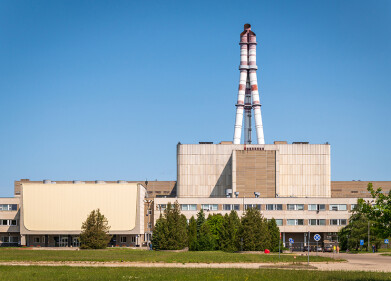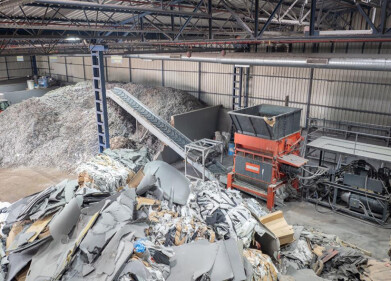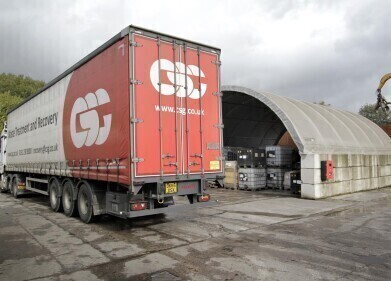Hazardous waste
3 of the World’s Biggest Ever Pollution Fines
Mar 26 2015
As thick smog descends on Northern Europe and smothers the skylines of London and Paris, idle drivers and the owners of even-numbered plates have all been hit with fines for polluting. Drastic measures had to be taken, including fining drivers for leaving the engine running in Westminster, and cutting down on traffic in Paris by banning motorists with number plates that end with an even number – but these measures are merely a slap on the wrist compared to the fines some companies have faced in the recent years.
3. China faced their share of the fines
In December 2014, six companies were fined a total of $26m for polluting rivers in China’s eastern Jiangsu province. The companies were found guilty of allowing 25,000 tonnes of toxic waste into the water system, and slapped with the biggest fine of its kind in China’s history. In addition to the fine – which courts demanded be paid within 30 days – fourteen people were served with jail terms ranging from two to five years.
According to the Chinese government, around 70% of China’s lakes and rivers are polluted as a result of the rapidly growing population. In an effort to tackle this problem, China recently announced the closure of its last remaining coal-fired power plants.
In this article we asked the question: Are China’s Pollution Problems Too Far-Gone?
2. Scaling mountainous fines
On the other side of the world, another company coughing up big bucks for its misdemeanors is Alpha Natural Resources Inc. The coal-producing giant was ordered to pay a hefty $27.5m fine, and put aside a further $200m towards reducing toxic discharge from their operations.
The company was found guilty of violating water pollution limits more than 6000 times between 2006 and 2013. Cynthia Giles, head of the environmental protection agency’s enforcement office said, ‘It’s the biggest case for permit violations for numbers of violations and size of the penalty.’
It was revealed to a Federal Court in West Virginia that the company had tainted the water system across five Appalachian states. Heavy metals and other contaminants were released into rivers and streams through a series of 800 outfall pipes – sometimes exceeding the permitted amount by as much as 35 times the limit.
We’ve looked at many different ways to clean up toxic waste on Pollution Solutions, including this novel way of using onions and garlic. A route for the industrial industry is stabilisation, as opposed to alternatives like storage or expensive incineration methods. For more information, see: Innovative Solution to Hazardous Industrial Waste.
1. The Deepwater Horizon Disaster
These fines pale in comparison to the fate of BP following the 2010 oil spill in the Gulf of Mexico, which has led to a $13.8bn fine, and has seen $5bn wiped off their stock market value. The Deepwater Horizon disaster caused the deaths of 11 workers and allowed millions of barrels of oil to spill into the Gulf – as a result, the company was forced to set aside $43bn for penalties and compensation.
BP won a partial victory in the landmark case, which saw the initial $18bn estimate capped at $13.8bn after the federal judged ruled that 3.2m barrels were spilled rather than 4.2m. The judge also ruled that BP was negligent in the run up to the disaster, but not after, which helped to reduce the fine.
Events
Mar 18 2025 Expo Santa Fe, Mexico
Mar 18 2025 Moscow, Russia
Mar 19 2025 Manila, Philippines
Mar 20 2025 Guangzhou, China
Mar 24 2025 National Harbour, MD, USA














